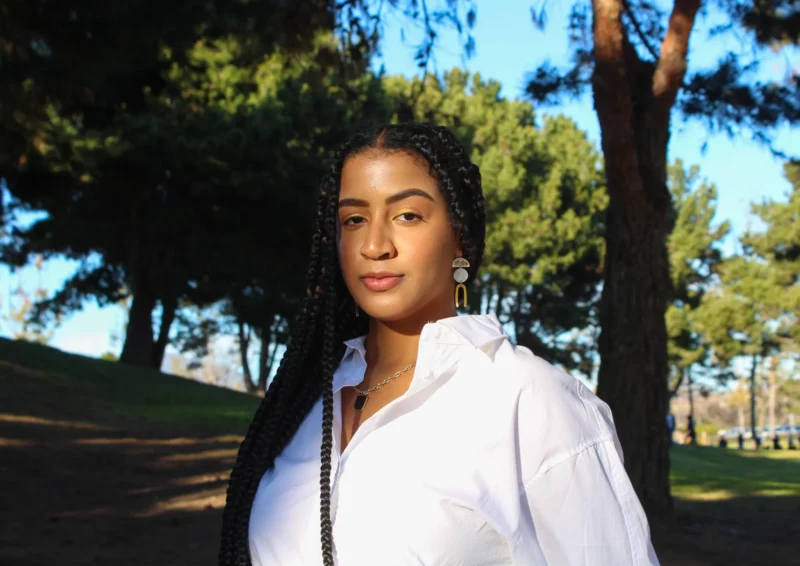Reporter’s Notebook: The Uncomfortable Truths I Uncovered About Black Childhood
Share
Explore Our Galleries
Breaking News!
Today's news and culture by Black and other reporters in the Black and mainstream media.
Ways to Support ABHM?
by Anissa Durham, Word in Black

Childhood is the most formative, and important time of someone’s life. But the way Black children are rarely granted innocence, grace, or allowed to experience joy doesn’t sit right with me. And it shouldn’t sit right with you either.
My goal is to help people to see the lifelong impacts of robbing a Black child of their innocence. As a collective, when our kids aren’t allowed to be kids, we all suffer.
I realize I can’t change the world, or even the overall perception people have of Black children, but I can amplify our voices and experiences. And, I can share the stories that many of you relate to but may not have had the language for.
[…]
In September of last year, I was accepted into USC’s reporting health and data fellowship program. I traveled to Los Angeles in October for an intensive four-day data training.
About two months into the reporting, I decided to create a short survey. The goal was to gauge what kinds of childhood experiences Black folks were having and see who was willing to go on the record.
I titled the survey: Are young Black bodies treated, viewed, or seen differently than others? I asked people less than a dozen questions ranging from if adults labeled them as fast, curvy, or promiscuous to if an adult has ever treated them older than their age.
Discover the survey findings–and their impact on Durham.
Get answers to your questions about adultification.
Stop by ABHM’s breaking news page before you leave.











Comments Are Welcome
Note: We moderate submissions in order to create a space for meaningful dialogue, a space where museum visitors – adults and youth –– can exchange informed, thoughtful, and relevant comments that add value to our exhibits.
Racial slurs, personal attacks, obscenity, profanity, and SHOUTING do not meet the above standard. Such comments are posted in the exhibit Hateful Speech. Commercial promotions, impersonations, and incoherent comments likewise fail to meet our goals, so will not be posted. Submissions longer than 120 words will be shortened.
See our full Comments Policy here.